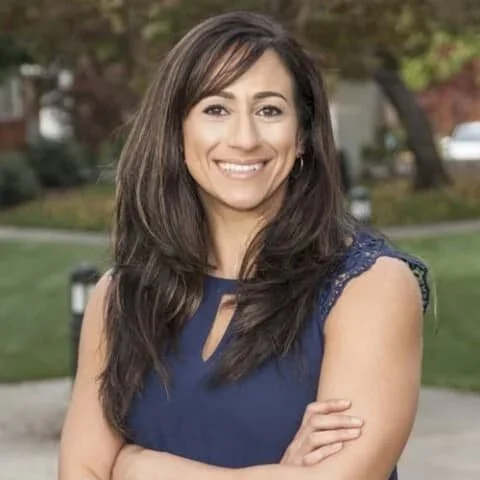How Common is Non-Monogamy?
Monogamy remains the most prevalent relationship style in the United States. Most people grow up expecting to find "the one" and settle into a traditional partnership. But research suggests that humans haven't always been strictly monogamous throughout history. Today, millions of Americans are exploring different ways to love and connect.
Around 16 million people in the U.S. are currently in some form of non-monogamous relationship. That's roughly 4-5% of the population. It's not a huge percentage, but that's still millions of people living outside the traditional relationship box.
What Exactly Is Non-Monogamy?
Non-monogamy is an umbrella term for romantic or sexual relationships that don't follow the "one partner only" rule. This could mean polyamory, open relationships, swinging, or other arrangements where everyone involved knows what's going on and agrees to it.
The difference between non-monogamy and cheating is consent. In ethical non-monogamy, everyone's on the same page. There's transparency, communication, and mutual agreement about what the relationship looks like.
Some non-monogamous individuals have multiple emotional connections, while others maintain more casual relationships. The point is, there's no single way to do it. These relationships are as unique as the people in them.
What Numbers Say
Studies show that about 4-5% of Americans report being in a consensually non-monogamous relationship at some point in their lives. That's probably an underestimation, since many people aren't comfortable being open about their relationship style due to judgment or stigma.
What's even more interesting is that way more people are curious about it. A 2020 survey found that approximately 20% of people reported being open to trying an open relationship. That's one in five people! So, even if most people aren't actively pursuing non-monogamy, a significant number are at least considering it.
Why Are People Choosing Non-Monogamy?
There's no single reason why someone might explore non-monogamy, but here are some of the benefits people in these relationships often talk about:
Personal autonomy: You get to make choices about your own body and relationships without feeling like you have to be everything to one person
Less pressure: Some people find it easier to connect authentically when they're not expected to meet every single need their partner has
Honest communication: These relationships typically require obvious boundaries and ongoing conversations, which can actually strengthen trust
Freedom to explore: You can discover different parts of yourself through connections with other people
Non-monogamy takes work, just like any relationship does. Maybe even more work, since you're coordinating with multiple people and managing more complex emotions.
What About Jealousy?
Jealousy is probably the first thing that comes to mind when most people think about non-monogamy. Even people who've chosen non-monogamy can struggle with jealousy or insecurity.
Many people in non-monogamous relationships say they've actually learned to handle jealousy better than they did in monogamous ones. They achieve this through extensive communication, setting clear expectations, and being willing to sit with uncomfortable feelings instead of just reacting to them.
Is This Becoming More Popular?
Non-monogamy is definitely gaining visibility. We're questioning a lot of traditional structures these days, from gender roles to career paths to how we build families. Relationships are no exception.
The internet has also made an enormous difference. Online communities provide people with a space to explore ideas about non-monogamy, connect with others who share their interests, and find support without facing judgment from their immediate social circles.
Whether you're curious about non-monogamy, already exploring it, or just trying to understand what it's all about, the most important thing is being honest with yourself about what you actually want. These relationship structures require emotional maturity, excellent communication skills, and a willingness to be vulnerable. Dealing with anxiety or insecurity around these topics, or just wanting a safe space to explore what feels right for you, couples therapy can help. Reach out today.
About the Author
Shereen A. Mohsen, Psy.D., is the Founder and CEO of Relucent Psychology Group. She leads a dedicated team that specializes in providing holistic, trauma-informed, and personalized care for individuals of all ages. They offer a range of services, including EMDR therapy for children, teens, and adults, as well as couples counseling. Additionally, they provide comprehensive testing for those seeking to better understand their mental health, emotions, and behavior, particularly for individuals who suspect they may be neurodivergent. At Relucent, the team takes great care to match each client with a therapist who best fits their specific needs and goals.


